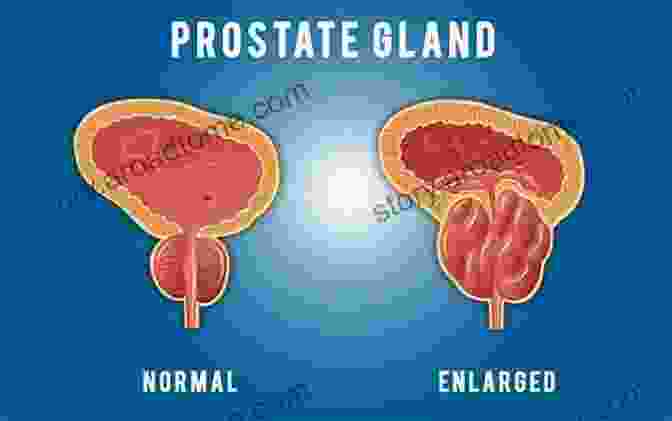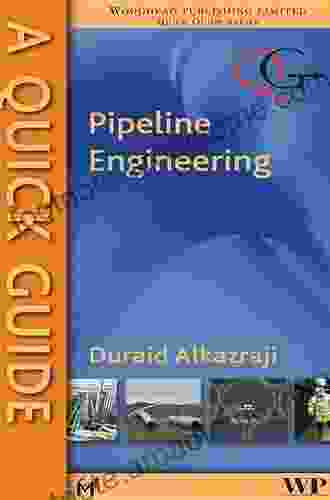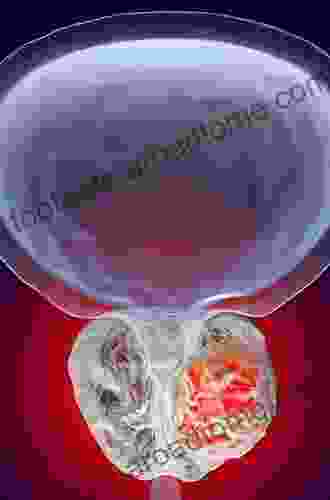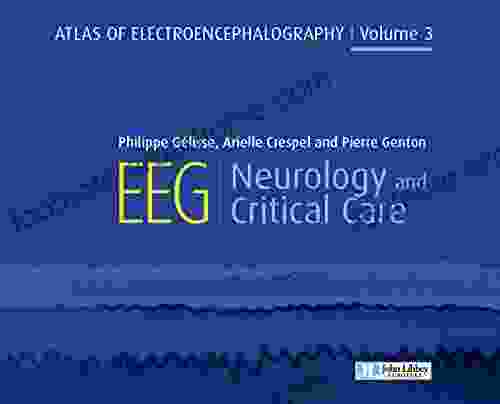What Is The Prostate And What Is Prostate Cancer: A Comprehensive Guide for Men's Health

What is the Prostate?
The prostate is a small, walnut-shaped gland that is located just below the bladder in men. It surrounds the urethra, which is the tube that carries urine out of the body. The prostate gland produces a fluid that nourishes and protects sperm. It also helps to control the flow of urine.
5 out of 5

What is Prostate Cancer?
Prostate cancer is the most common cancer among men in the United States, after skin cancer. It occurs when cells in the prostate gland begin to grow out of control. Prostate cancer can be slow-growing or fast-growing. It can spread to other parts of the body, such as the bones, lymph nodes, and lungs.
Symptoms of Prostate Cancer
The symptoms of prostate cancer can vary depending on the stage of the cancer. In the early stages, there may be no symptoms at all. As the cancer grows, symptoms may include:
- Difficulty urinating
- Frequent urination
- Pain or burning during urination
- Blood in the urine or semen
- Pain in the lower back, pelvis, or thighs
- Erectile dysfunction
- Weight loss
- Fatigue
Diagnosis of Prostate Cancer
Prostate cancer is diagnosed through a combination of tests, including:
- Digital rectal exam (DRE): A DRE is a physical exam in which the doctor inserts a finger into the rectum to feel the prostate gland for any lumps or abnormalities.
- Prostate-specific antigen (PSA) test: A PSA test measures the level of PSA in the blood. PSA is a protein that is produced by the prostate gland. High levels of PSA can be a sign of prostate cancer.
- Biopsy: A biopsy is a procedure in which a small sample of tissue is removed from the prostate gland and examined under a microscope to look for cancer cells.
Treatment of Prostate Cancer
The treatment for prostate cancer depends on the stage of the cancer and the patient's overall health. Treatment options may include:
- Surgery: Surgery is the most common treatment for prostate cancer. The goal of surgery is to remove the prostate gland and any surrounding lymph nodes that may contain cancer cells.
- Radiation therapy: Radiation therapy uses high-energy beams to kill cancer cells. Radiation therapy can be used before or after surgery, or as a standalone treatment.
- Hormone therapy: Hormone therapy is used to lower the levels of testosterone in the body. Testosterone is a hormone that can promote the growth of prostate cancer.
- Chemotherapy: Chemotherapy is a type of drug treatment that kills cancer cells. Chemotherapy is usually used for advanced prostate cancer that has spread to other parts of the body.
Prevention of Prostate Cancer
There is no surefire way to prevent prostate cancer, but there are some things you can do to reduce your risk, including:
- Eat a healthy diet: A diet rich in fruits, vegetables, and whole grains may help to reduce the risk of prostate cancer.
- Maintain a healthy weight: Obesity is linked to an increased risk of prostate cancer.
- Get regular exercise: Regular exercise may help to reduce the risk of prostate cancer.
- Avoid smoking: Smoking cigarettes is linked to an increased risk of prostate cancer.
- Limit alcohol intake: Excessive alcohol intake is linked to an increased risk of prostate cancer.
- Get regular screenings: Men over the age of 50 should get regular prostate cancer screenings. The two most common screening tests are the DRE and the PSA test.
Prostate cancer is a serious disease, but it is often curable if it is detected and treated early. Men should be aware of the symptoms of prostate cancer and should get regular screenings. If you are diagnosed with prostate cancer, there are a variety of treatment options available. Your doctor will work with you to develop a treatment plan that is right for you.
5 out of 5
Do you want to contribute by writing guest posts on this blog?
Please contact us and send us a resume of previous articles that you have written.
 Book
Book Novel
Novel Page
Page Chapter
Chapter Text
Text Story
Story Genre
Genre Reader
Reader Library
Library Paperback
Paperback E-book
E-book Magazine
Magazine Newspaper
Newspaper Paragraph
Paragraph Sentence
Sentence Bookmark
Bookmark Shelf
Shelf Glossary
Glossary Bibliography
Bibliography Foreword
Foreword Preface
Preface Synopsis
Synopsis Annotation
Annotation Footnote
Footnote Manuscript
Manuscript Scroll
Scroll Codex
Codex Tome
Tome Bestseller
Bestseller Classics
Classics Library card
Library card Narrative
Narrative Biography
Biography Autobiography
Autobiography Memoir
Memoir Reference
Reference Encyclopedia
Encyclopedia Clara E Hill
Clara E Hill Cordelia Fine
Cordelia Fine D A Baker
D A Baker Sari Van Poelje
Sari Van Poelje Kristin Snoddon
Kristin Snoddon Nicole Harlot
Nicole Harlot Todd C Williams Pmp
Todd C Williams Pmp Christopher Lane
Christopher Lane Dmitry A Novikov
Dmitry A Novikov Steven B Miles
Steven B Miles Christoph Klein
Christoph Klein Craig Groeschel
Craig Groeschel Staci Simon Glover
Staci Simon Glover Claudia Nice
Claudia Nice Laurie Young
Laurie Young Cindy Schmidt
Cindy Schmidt Conrad Jay Bladey
Conrad Jay Bladey Dan Romanchik Kb6nu
Dan Romanchik Kb6nu Clive Harris
Clive Harris Cleoni Crawford
Cleoni Crawford
Light bulbAdvertise smarter! Our strategic ad space ensures maximum exposure. Reserve your spot today!

 J.R.R. TolkienHumorous Quips About Cats, Cooking, and Confusion: A Tail-Wagging Tale of...
J.R.R. TolkienHumorous Quips About Cats, Cooking, and Confusion: A Tail-Wagging Tale of...
 Emmett MitchellUnderstanding Irritable Bowel Syndrome: Your Comprehensive Guide to Relief...
Emmett MitchellUnderstanding Irritable Bowel Syndrome: Your Comprehensive Guide to Relief... Marc FosterFollow ·2.7k
Marc FosterFollow ·2.7k William ShakespeareFollow ·2.3k
William ShakespeareFollow ·2.3k Luke BlairFollow ·19.7k
Luke BlairFollow ·19.7k Nikolai GogolFollow ·6.3k
Nikolai GogolFollow ·6.3k Stuart BlairFollow ·16.8k
Stuart BlairFollow ·16.8k Hugh ReedFollow ·12.8k
Hugh ReedFollow ·12.8k Stephen KingFollow ·11.4k
Stephen KingFollow ·11.4k Jan MitchellFollow ·4.4k
Jan MitchellFollow ·4.4k

 Charles Bukowski
Charles BukowskiUnlock Your Entrepreneurial Potential: Start Small,...
Are you ready to embark on an exciting journey...

 Braeden Hayes
Braeden HayesUnveiling the Extraordinary Tale of "Weird Girl With...
A Journey of...

 Shawn Reed
Shawn ReedLearning To Love Ourselves As We Are: A Journey Towards...
In the tapestry of life, self-love emerges...

 Allan James
Allan JamesQuick Guide to Pipeline Engineering: Your Gateway to...
Welcome to the realm of...

 Beau Carter
Beau CarterLife With and After an Addict: A Journey of Understanding...
Addiction is a complex and devastating...
5 out of 5










